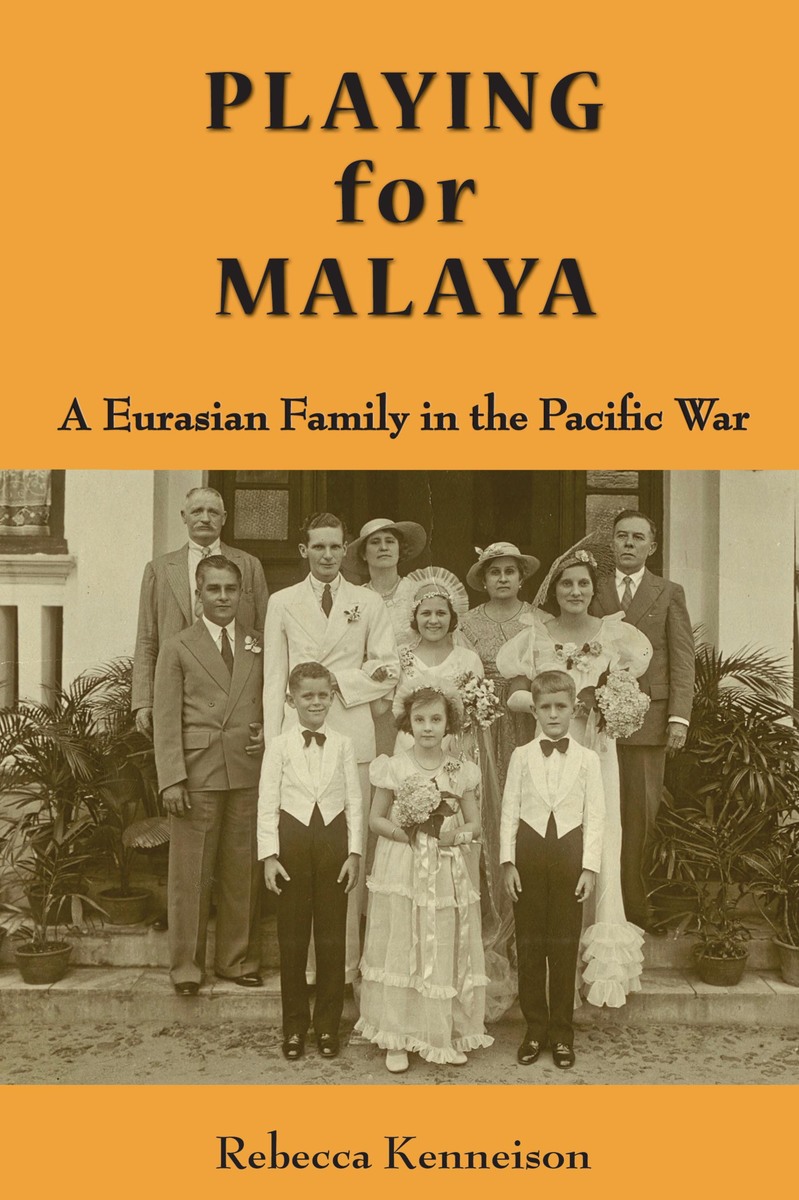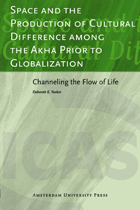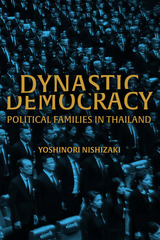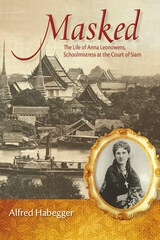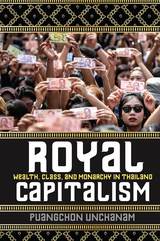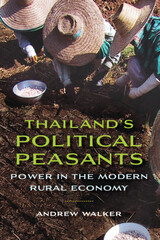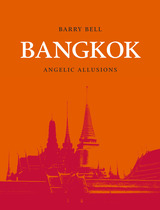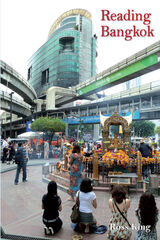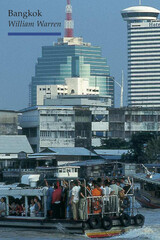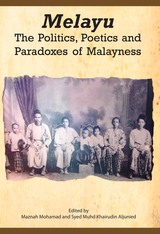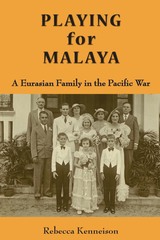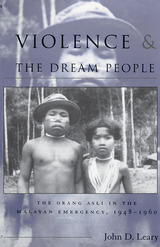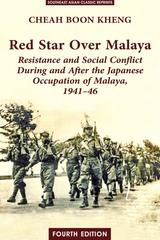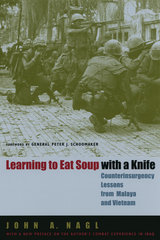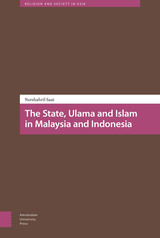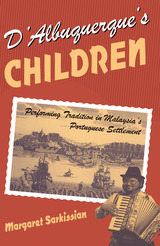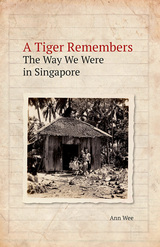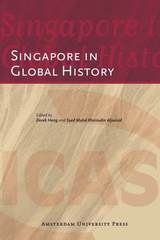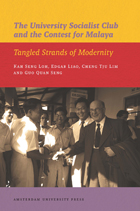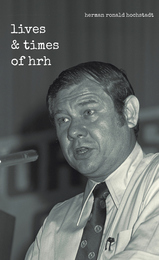Playing for Malaya: A Eurasian Family in the Pacific War
National University of Singapore Press, 2011
Paper: 978-9971-69-573-6 | eISBN: 978-9971-69-732-7 (ePub)
Library of Congress Classification DS595.2.E2K46 2011
See other books on: Eurasians | Japanese occupation, 1942-1945 | Malaya | Malaysia | Pacific War
See other titles from National University of Singapore Press
Paper: 978-9971-69-573-6 | eISBN: 978-9971-69-732-7 (ePub)
Library of Congress Classification DS595.2.E2K46 2011
ABOUT THIS BOOK | TOC
ABOUT THIS BOOK
Reggie, according to his niece Wendy, 'only told you what Reggie wanted you to know.' Reggie was my father. He had honed the technique of talking with apparent openness and using that talk as a decoy duck: while you were listening to it quack around the pond, you weren't noticing all the others hiding in the reeds. What follows includes tales that Reggie told repeatedly but, on the whole, it's about what Reggie didn't tell me.
So begins a stunning personal account of a Eurasian family living in Malaya. One of the many gaps in Reggie's account of his family was that his mother was Eurasian. When Rebecca Kenneison discovered this omission after his death, she set out to learn more about her extended family on the other side of the world. Her voyage of discovery is compelling in itself, but Playing for Malaya has a much larger purpose. Set in the 1930s and 1940s, it recounts the experiences of an extended Eurasian family during the invasion and occupation of Malaya by the Japanese. Colonial society considered Eurasians insufficiently European to be treated as British, but they seemed all too European to the Japanese, who subjected the Eurasian community to discrimination and considerable violence. Because many Eurasians, including members of the Kenneison family, supported the Allied cause, their wartime experiences are an extraordinary account of tragedy, heroism and endurance, presented here with great consequence and clarity.
So begins a stunning personal account of a Eurasian family living in Malaya. One of the many gaps in Reggie's account of his family was that his mother was Eurasian. When Rebecca Kenneison discovered this omission after his death, she set out to learn more about her extended family on the other side of the world. Her voyage of discovery is compelling in itself, but Playing for Malaya has a much larger purpose. Set in the 1930s and 1940s, it recounts the experiences of an extended Eurasian family during the invasion and occupation of Malaya by the Japanese. Colonial society considered Eurasians insufficiently European to be treated as British, but they seemed all too European to the Japanese, who subjected the Eurasian community to discrimination and considerable violence. Because many Eurasians, including members of the Kenneison family, supported the Allied cause, their wartime experiences are an extraordinary account of tragedy, heroism and endurance, presented here with great consequence and clarity.
See other books on: Eurasians | Japanese occupation, 1942-1945 | Malaya | Malaysia | Pacific War
See other titles from National University of Singapore Press
